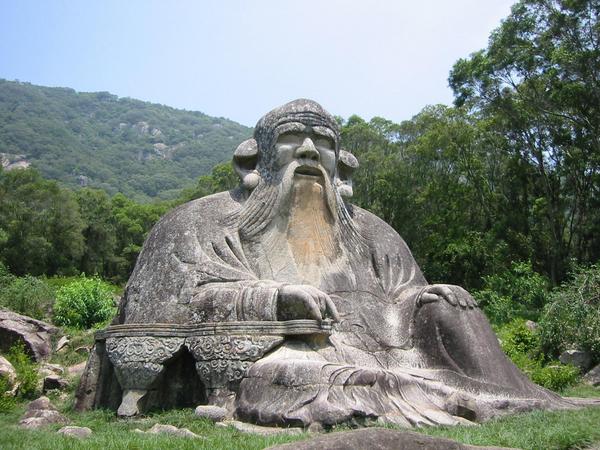Taoism, also known as Daoism (because it sounds more like the Chinese pronunciation of the word), originated in China 2000 years ago and is a tradition of philosophy, ethical, and religious beliefs rooted in Chinese customs, principles and views.1
originated in China 2000 years ago and is a tradition of philosophy, ethical, and religious beliefs rooted in Chinese customs, principles and views.1
Taoism is very much focused on the Tao, which means “the Way”. It is not God, and is not worshipped, although there are many deities that are worshipped in Taoist temples. Taoism reflects the idea that all things are unified and connected, and the world is filled with opposites – that is, complementary forces: action and non-action, light and dark, hot and cold, and so on, otherwise known as Yin and Yang.1
Taoism promotes harmony with nature, the pursuit of spiritual immortality, being virtuous, self-development, spontaneity, simplicity, detachment from desires, and non-action/non-doing. Taoists practice meditation, feng shui, fortune telling, and reading and chanting scriptures.1
Taoists also practice internal and external “alchemy”, such as breathing exercises, massage, martial arts, and yoga, as well as diets involving minerals, and herbs to promote long life, which are designed to make them more harmonious with the Tao, mentally and physically.1
A unique aspect of Taoism is Talismans – objects that are thought to have power to bring good luck and also to keep away evil spirits. These Talismans are strips of paper, which are written on by qualified and pure people who have undergone long training.1 The Talismans contain words of power and religious symbols, which through the help of positive spirit energy, purify, heal the sick and drive away demons.
Image source:
1. Wikimedia
Reference:
1. BBC. (2009) Taoism at a glance. Retrieved from http://www.bbc.co.uk/religion/religions/taoism/ataglance/glance.shtml
